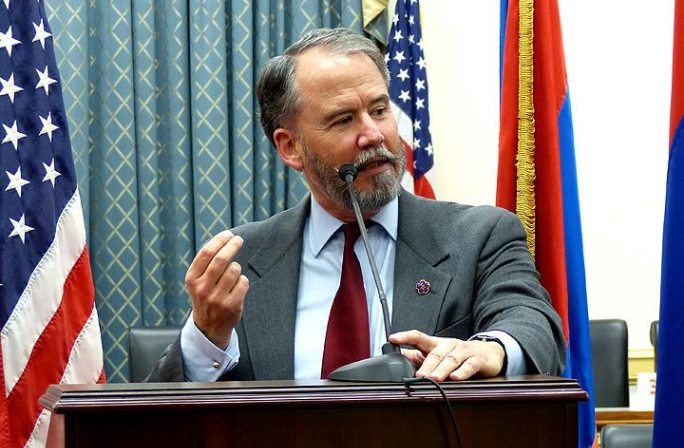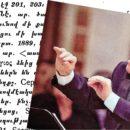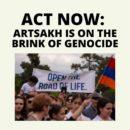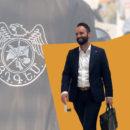It is time for the international community to welcome the Republic of Nagorno-Karabakh—Artsakh—into the community of nations, former US Ambassador to Armenia John Evans says in an article titled “Will Trump Ignore a Visit from the President of Nagorno-Karabakh?” published by The National.
“In 451 A.D., Armenian warriors, having just lost a fierce battle with the superior Persian Empire, retreated into the forests of Artsakh in the South Caucasus. They had lost the war, but preserved their Christian faith, and thus considered it a victory. Armenia was the first nation to embrace Christianity, in the year 301,” John Evans writes.
“In 2018, a small but determined Armenian democratic republic, the Republic of Nagorno-Karabakh (or “Artsakh,” as Armenians call it) is attempting to survive, threatened by a militarily superior power that wishes to crush it,” he continues.
Writing ahead of Artskah’s democratically-elected President Bako Sahakyan’s expected visit to Washington this week, John Evans emphasizes that “he will not be received by the administration, in part because the United States is silent on the question of whether Artsakh should eventually be independent of Azerbaijan, to which it was allocated by Josef Stalin in 1921.”
“Washington does not recognize Artsakh—in fact no country yet does—but President Sahakyan’s predecessor who visited in 1999 and 2002 met with State Department officials at the working level, and there is an unofficial representative of Nagorno-Karabakh/Artsakh resident in Washington. For this visit, Sahakyan will have to be content with meetings on the Hill and a private lunch at the Center for the National Interest.”
“Leaving aside the fact that Nagorno-Karabakh legally seceded from the USSR at the same time as Armenia and Azerbaijan did, there can be no doubt that the conflict with the government in Baku began as an internal one. It is also true that Armenia came to the support of its cousins in Artsakh, as did Armenians from California and around the world. And it has to be said that self-determination can sometimes be exercised within a state, as Quebec has chosen to do within Canada. But when the “parent” state employs violence against what it considers its citizens, it forfeits its right to rule over them, and there arises the question of what has been termed “remedial secession,” John Evans writes.





